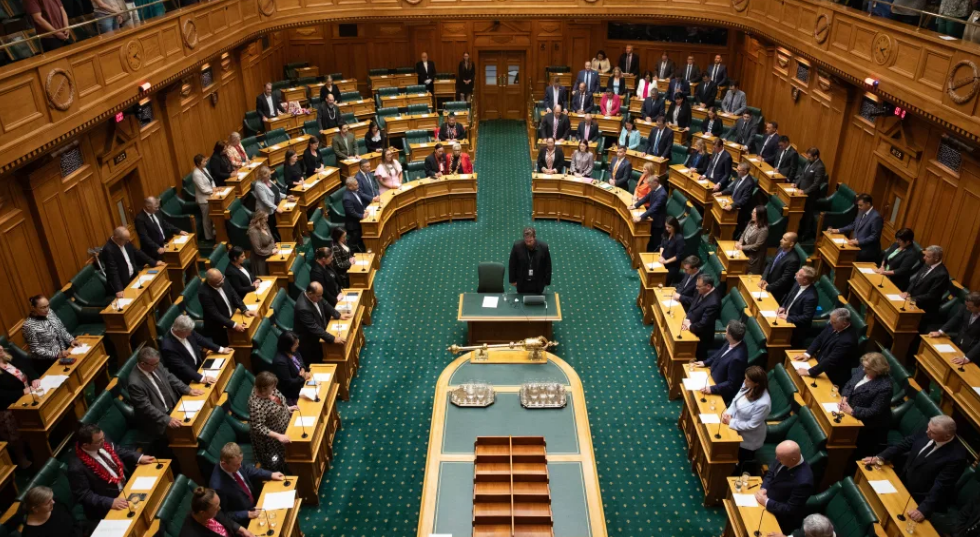
The lead claimant bringing the Waitangi Tribunal, Lady Tureiti Moxon, said the scrapping of the Māori Health Authority decision to repeal scrap the Māori Health Authority was dismissive of the Waitangi Tribunal, but Prime Minister Christopher Luxon said the coalition government had acted in good faith.
Lady Tureiti said the fact the bill was under urgency would mean the tribunal's urgent claim before the Waitangi Tribunal would not be heard until after the legislation had been passed.
"This whole process, it's been ... very very dismissive of not just the claimants but of the Waitangi Tribunal as well."
The government had absolutely ignored Māori voices on the issue, she said.
"Not only is it a breach of good faith, they absolutely have dismissed us completely as having no voice and really being very dismissive of the Waitangi Tribunal and the processes of the Waitangi Tribunal."

Luxon said he had been "very clear" about his plans to abolish the authority.
"We've opposed the Māori Health Authority ... from the beginning. We campaigned on it, we won an election, it appeared in our 100 day plan."
Lady Tureiti said they had been hoping the government would reverse its decision to disestablish the authority.
"They're taking away something that Māori have very clearly said we want to remain and we want to continue with."
The government has not provided enough information about how it would be replaced and it seemed as though Māori health would come back under Te Whatu Ora/ Health New Zealand, which meant Māori health inequities would continue to grow, she said.
But Luxon said the government had been talking with iwi about the alternative.
"We've already spent $50 million just before Christmas to work on the issues that we're talking about and the way we want to work which is actually working with iwi health organisations to drive immunisation rates of Māori under two from 71 percent up to 90 percent - that's the way you improve Māori health outcomes."
Luxon said he did not believe increasing bureaucracy in Wellington was the way to improve Māori health outcomes.












